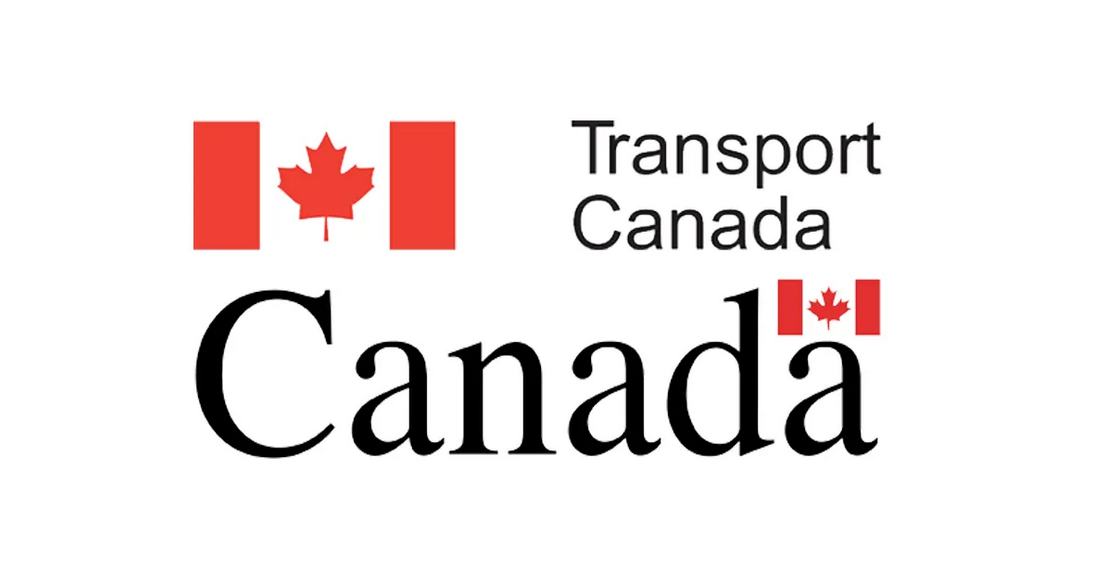Beginning in 2018, the Government of Canada allocated more than $71 million over four years for RSIP. Last year RSIP funded 136 projects, including 40 municipal projects, for a total of $16.5 million (an average of $120,000 per project). Funding was provided to municipalities as small as 400 people and to provincial departments of transportation. The largest project was $555,000 and the smallest was $3,000. Table 1. shows a breakdown of funds distributed to public agencies by population. Starting in 2020, the program will fund $65.1 million over the next three years on rail safety improvement projects, with $25 million allocated for the year 2020-2021 alone.
Table 1. Number of projects and total funding provided to cities by population.
| Population | Number of Municipal Projects Funded | Funding Provided |
| <10,000 | 14 | $1.5 million |
| 10,000 – 100,000 | 19 | $3.5 million |
| >100,000 | 8 | $1.0 million |
| TOTAL | 41 | $6.0 million |
Most funding is available as a contribution payment to reimburse expenses although lump sum grants are an option for small-scale, low-risk projects. The maximum contribution amount per recipient is $10 million per fiscal year while the maximum grant amount is $500,000. Further, there is no limit on the number of applications you can submit each year. Several public agencies received funding for multiple projects. The deadline to apply for funding is August 1, 2021.
Nearly everyone is eligible to apply for funding, a wide range of projects qualify for funding, and almost all expenses are covered.
Who is this funding for?
Eligible recipients include:
- Provinces and territories
- Municipalities and local and regional governments
- Road and transit authorities
- Crown Corporations
- Indigenous communities, groups, and organizations
- For-profit organizations
- Not-for-profit organizations
- Individuals
What types of projects are funded?
RSIP funds four types of projects as follows:
- Technology
- Implementation of Intelligent Transportation Systems (ITS)
- Implementation of innovative technologies to detect trains and communicate with drivers and traffic operation systems.
- Infrastructure
- Replacement of incandescent lights with LEDs
- Installation of flashing lights, bells, and gates
- Inter-connection
- Roadway and intersection improvements
- Construction of full pedestrian overpasses
- Grade separation of railway crossings
- Research or studies
- Research or studies related to enhancing safety of rail lines such as blocked crossings, restricting pedestrian access outside designated areas, aspects related to infrastructure, equipment, etc.
- Closure of a crossing
Which expenses are covered?
As mentioned, most expenditure are eligible for funding. Notably, they can be cash-equivalent expenditures associated with in-kind contributions. Eligible expenses include:
- Staff salaries and benefits
- Purchase and lease of capital assets, technology, equipment and supplies
- Professional services, including accounting, translation, audit, and consulting
- Planning, design, and evaluation
- Engineering and environmental reviews and follow-up measures
- Expenditures related to construction and rehabilitation of assets
- Licenses and permits
- Expenditures for aboriginal consultations
- Administrative expenditures
- Travel expenditures
- Other costs approved by Transport Canada
How to apply for RSIP?
Applying for RSIP is straightforward and relatively quick. Transport Canada’s RSIP website provides detailed application instructions to help you prepare and submit an application. All applications must be submitted through an online portal and you must have a GCKey prior to access the portal.
Alternatively, you can use TRAINFO to prepare and submit an application on your behalf for no charge. We have helped 7 public agencies apply for nearly $2.5 million in RSIP funding. We work with you to scope a project, develop a budget, and submit the application using our GCKey. Typically, we require several hours of your time from start to finish and can usually develop an application within a week.
If you’re interested in discussing a potential application, please email us at info@trainfo.ca. We will set up a meeting with you to identify your rail safety issue and determine if we can prepare your application. Remember: the deadline for applications is August 1, 2021.


